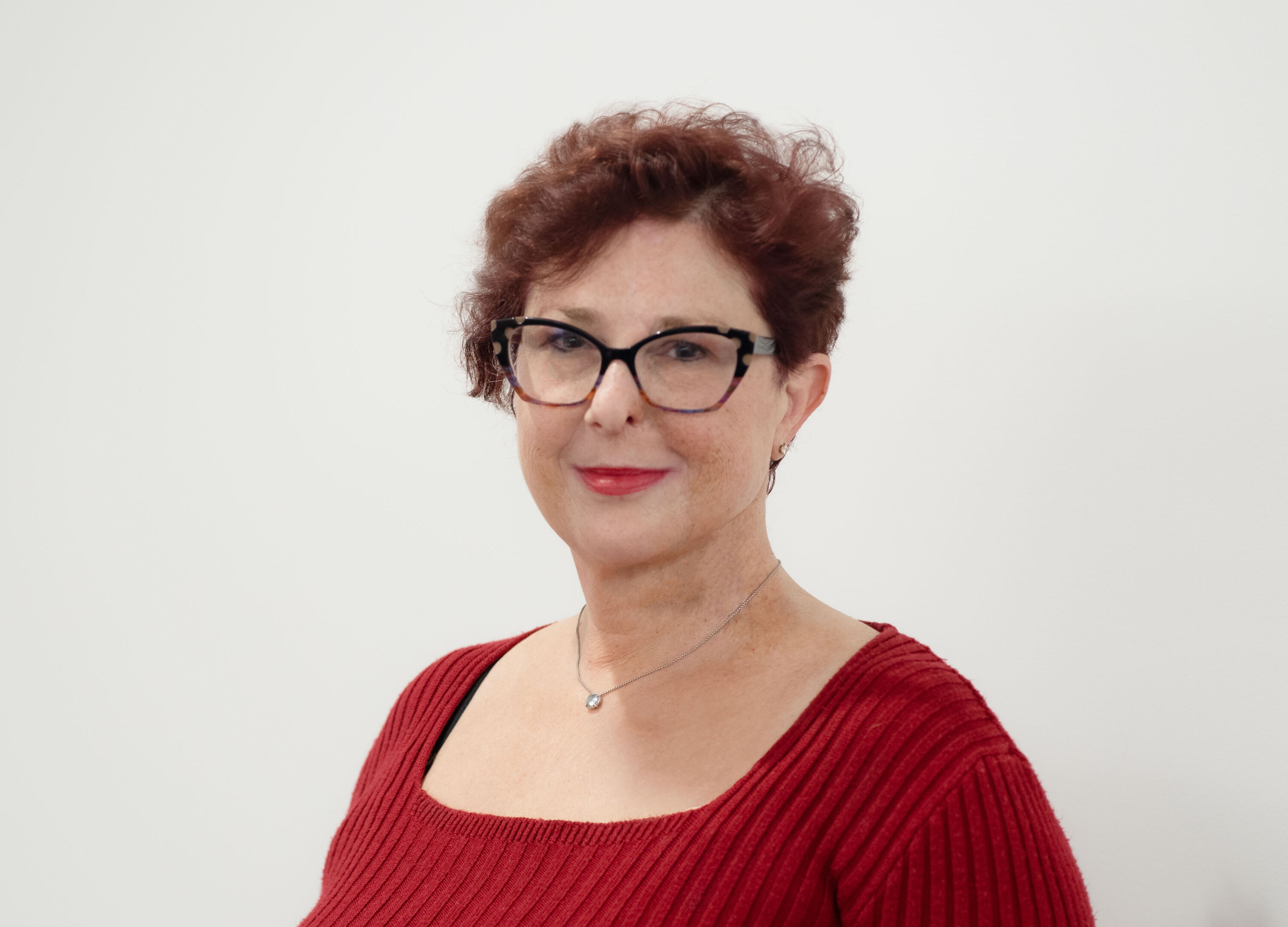S3 Ep 48: Listening to Patients is How the Healthcare Industry Moves Forward—featuring Susan Manber
The combination of patient experiences and data claims provides insights into understanding the healthcare ecosystem.
In this episode of the HLTH Matters Podcast, Susan Manber, the first communications industry Chief Patient Officer discusses patient advocacy and data usage in our industry through her experience at Publicis Health and her personal journey with a rare cancer diagnosis. Commonly, patients lack the knowledge to advocate and care for their health, so they need to be close to their physicians. Sue highlights the importance of familiar faces for a healthcare team, recognizes her privilege going through cancer treatment, and mentions that when we listen to patients, we can genuinely change how we deliver outcomes.
The road to a complete patient-centric healthcare ecosystem is long, but we can start walking it thanks to people like Sue; tune in!
About Susan Manber:
Susan Manber is the Chief Patient Officer for Publicis Health.
Sue Manber’s life and life’s work are inextricably linked. After beating cancer as a single mother, Sue returned to work with an intimate understanding of the patient experience and an acute awareness of the role her many privileges played in her surviving a rare and aggressive cancer diagnosis. Now, as the communications industry’s first Chief Patient Officer, Sue advocates for more equitable patient experiences and is deeply committed to using her privilege to give voice to those without one.
Things You’ll Learn:
- Better health outcomes are driven by informed patients.
- Humankind is now being overwhelmed with data, but very few insights.
- Patients have outside lives from their diagnosis.
- 95% of human decisions are made based on emotions.
- There are 3 C’s to equity-centered design: Clinical Trials, Commercial Marketing, and Community Health.
- Retail Pharmacy is becoming the front line of primary care.
- People want to be cared for by people who look and feel like them and understand their cultural sensitivities and nuances.
- 20% of America do not have a primary care physician.
- 50% of millennials do not have a primary care physician.
- Early intervention is critical to saving lives.
Resources:
- Connect with and follow Susan on LinkedIn.
- Follow Teva Pharmaceuticals on LinkedIn.
- Visit the Publicis Health Website!
- Read Atul Gawande’s piece about Costa Rica’s life expectancy in The New Yorker!



